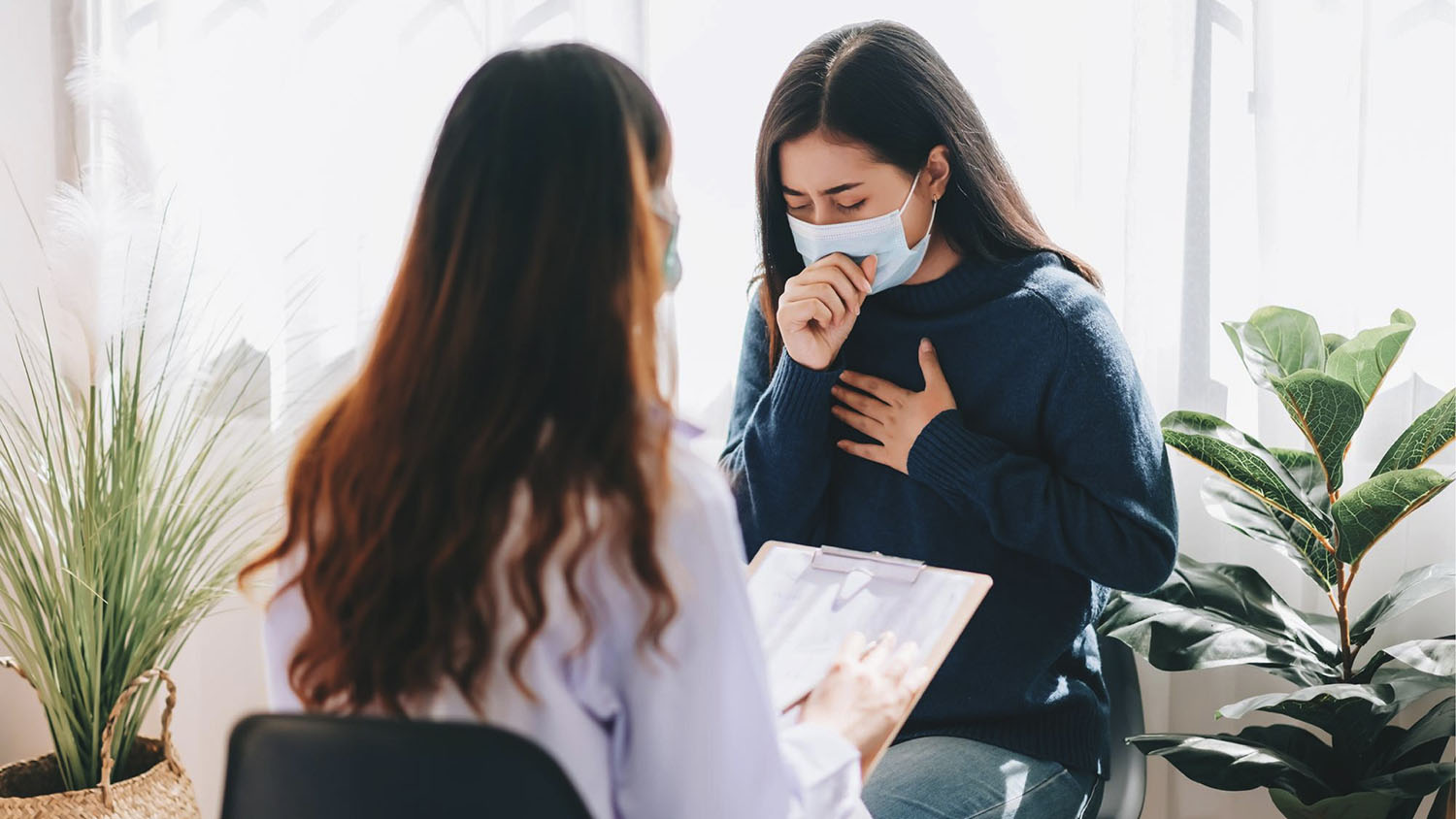
Breaking Point: COVID-19 Pandemic Sparks 25% Increase in Global Anxiety and Depression

Treatment-Resistant Depression (TRD) | April 20, 2023 | BY Sozo Centers
Who would’ve thought a tiny virus could wreak havoc on our mental health? According to the World Health Organization (WHO), the first year of the COVID-19 pandemic saw a whopping 25% increase in global anxiety and depression.
But it doesn’t stop there. As stated in the WHO’s scientific statement, 90% of polled countries had recently integrated psychological wellness and mental health support in their COVID-19 risk responses. However, major gaps and concerns still remain. It’s like using duct tape to fix a leaking yacht!
The WHO Director-General, Dr Tedros Adhanom Ghebreyesus, says it best: “The knowledge we have currently about the world’s mental health is merely the tip of the iceberg.” As a result, it serves as a wake-up call for all nations to step up and emphasis mental health.
Multiple Stressors
The surge in anxiety and depression during the pandemic can be attributed to several stress factors, one of which is the unparalleled stress stemming from social isolation. The unparalleled stressors have left people feeling like they’re stuck in an endless episode of “Survivor: Quarantine Edition.” With constraints on work, limited access to support from loved ones, and a lack of community engagement, it’s no wonder that loneliness, fear of infection, and financial worries have become the new villains in the mental health saga.
Even health workers, our real-life superheroes, have not been immune to the exhaustion that comes with battling the pandemic on the frontlines. It’s like they’ve been caught in a never-ending marathon, and suicidal ideation has unfortunately become an unwelcome guest in their minds.
Youth and Women are Heavily Impacted!
The COVID-19 pandemic has wreaked havoc on mental health worldwide, with young people and women bearing the brunt of its impact. According to a comprehensive review and the latest Global Burden of Disease study, young people are particularly vulnerable to suicidal and self-harming behaviors, while women are experiencing more severe mental health effects than men. Additionally, individuals with pre-existing physical conditions, such as asthma and heart disease, are more susceptible to developing mental disorders.
Remarkably, those with pre-existing mental disorders do not appear to be at a higher risk of getting COVID-19. However, if infected, they are more likely to suffer hospitalization, severe illness, and even death than those without mental disorders. This is especially true for individuals with severe mental disorders, such as psychoses, as well as young people with mental health issues.
Healthcare Gaps
The COVID-19 pandemic has resulted in a surge in mental health issues, and the disruption to mental health services has only exacerbated the problem. Sadly, many people are now being left with huge gaps in care, which can have a devastating impact on their well-being.
Unfortunately, mental health services have suffered a significant blow, with WHO Member States reporting severe disruptions to services for mental, neurological, and substance use disorders. To make matters worse, suicide prevention services have also been affected, putting lives at risk.
Although there has been some improvement in mental health services since the end of 2021, there are still too many people unable to access the care and support they need. Many have resorted to seeking help online, but reliable and effective digital tools are not always readily available, especially in resource-limited countries and settings.
WHO and Nationwide Action
From the moment the pandemic hit, WHO and its partners have been busy bees, working tirelessly to develop resources in different languages and formats to help diverse groups cope with and respond to the mental health impacts of COVID-19. Their efforts have resulted in notable achievements, including the creation of “My Hero is You,” a tale for 6-11-year-olds that is now accessible in 142 languages including 61 digital adaptations, as well as a toolkit for helping elderly people, which is currently available in 16 languages.
WHO has been taking a leading role in addressing the mental health and psychosocial impacts of COVID-19 through its interagency response, working closely with other UN agencies, global non-governmental groups, and IFRC. Together, these partners have been collaborating to ensure a comprehensive response to the mental health needs of those affected by the pandemic. WHO’s efforts have been centered on offering resources and support to those in most need, while advocating for the incorporation of psychosocial support as well as mental well-being in all facets of the global response.
The COVID-19 pandemic has undoubtedly taken a toll on mental health, but the good news is that WHO Member States have taken notice and are taking action. According to the pulse survey conducted by the World Health Organization (WHO) on essential health services, it was found that 90% of nations are giving priority to mental health and psychosocial support for patients and responders affected by COVID-19.
At the WHA- World Health Assembly, held last year, countries acknowledged and stressed the importance and necessity of bolstering psychosocial support and mental well-being services as part of emergency planning, response, as well as resilience. To this end, they ratified the revised “Comprehensive Mental Health Action Plan 2013-2030”, which incorporates psychosocial support and mental wellness preparation indicator during emergencies affecting public health. These measures demonstrate a much-needed focus on mental health and are crucial in mitigating the impact of future public health crises.
Scale Up Investment
It’s time for a global step up in mental health investment. Despite commitments made by WHO member states, there remains a chronic shortage of mental health resources worldwide. Governments worldwide allocated a mere 2% of their health budgets to mental health in 2020, underscoring a significant discrepancy in access to care, as reported by the latest WHO Mental Health Atlas. Disturbingly, low-income nations had less than 1 mental health worker per 100,000 individuals, further highlighting the disparity in care.
Dévora Kestel, the esteemed Director of WHO’s Department of Mental Health and Substance Use, underscores the dire consequences of the chronic lack of investment in mental health care, which has been laid bare by the pandemic. She notes that while the pandemic has shone a spotlight on mental health concerns, much work remains to be done to ensure that everyone has equal access to the help they need.
Final Thoughts
In conclusion, the COVID-19 pandemic has had a substantial influence on the global incidence of anxiety and depression, resulting in an increased need for mental health services. Sozo Wellness Centers is a leading provider of mental health services, offering personalized and effective treatments, including Spravato, telehealth, Psychedelics and talk therapy, to help individuals overcome their mental health challenges. Our highly experienced and compassionate experts are dedicated to helping patients achieve maximum mental well-being. Contact us now to begin your journey to a happier and healthier life.

